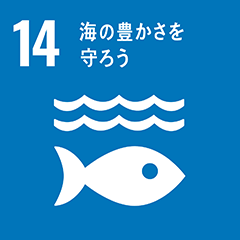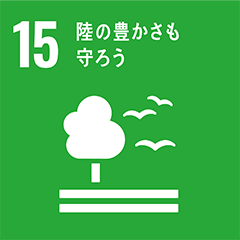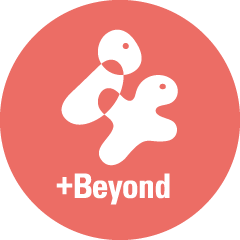Inochi Declaration
Make the burdens that human activity imposes on nature—the “Voices of Inochi”—visible and use this as a catalyst to change our mindsets and behaviors. Let us expand Japan’s practices into a global framework.
Every living being and all entities possessing energy are imbued with Inochi. For a future where every Inochi unleashes its radiant light, we must fundamentally transform the human-centered mindset and behaviors that dominate society—globally. Though it will not be easy, it is essential.
The number of humans who have used their intellect to drive material prosperity, improved nutrition, and extended lifespans, has exceeded 8 billion—ranking us 10th among single-species populations, more than half the number of red-billed quelea birds (15 billion). In terms of biomass, humans weigh 390 million tons, more than six times that of wild mammals (60 million tons). Livestock raised for human use adds another 630 million tons (with cattle accounting for two-thirds). Over the past 10,000 years, nearly half of the habitable land (around 70% of all land) has been converted from forests and wild grasslands into agricultural land (14% of habitable land) and grazing land for livestock (31%). This provides a stark illustration of how much human activity burdens ecosystems.
So, what can we do? Since we cannot suddenly reduce the number of humans, the only path is for humans to undergo a shift in consciousness and minimize the burdens we impose on ecosystems. A critical element of this transformation is rethinking the economy, which has traditionally prioritized material prosperity. We must fundamentally reconsider the foundations of economics, which has been built mainly on capital and labor, and reevaluate today’s capitalism, which often carries strong tendencies toward materialism and profit-maximization.
As a first step, we initiated efforts to challenge financial capitalism’s materialist orientation by introducing the concept of “Intellectual Capital Management” in 2005 through an interim report by the Industrial Structure Council. This concept emphasizes valuing not just financial capital but also intellectual capital, social capital, human capital, and natural capital. This approach was later formalized into the International Integrated Reporting Framework in 2013. Together with growing global concern over climate change, this thinking has contributed to movements such as the SDGs and ESG investing. Today, initiatives like the International Sustainability Standards Board (ISSB) under the IFRS Foundation plan to establish disclosure standards for biodiversity by 2026.
However, even among the 17 SDGs, only Goals 14 (Life Below Water) and 15 (Life on Land) address the environment directly. The rest focus mainly on human society and livelihoods. While it is undeniable that human action is crucial, even the idea of “conservation” reflects a human-centered, top-down view that assumes nature is something to be controlled.
Instead, if we start by listening to the sacrifices of ecosystems—the “Voices of Inochi”—and place them at the heart of our thinking, new ideas are likely to emerge. Japan excels in this approach. Historically, we have held a sense of awe toward nature, recognizing forces beyond human control,
which has influenced our nature worship and the concept of “Yaoyorozu no Kami” (eight million gods). However, merely asserting Japanese ideas will not persuade the world. We must find similar cultures and ways of thinking globally and demonstrate these ideas through concrete actions that resonate internationally.
Japan has experience turning homegrown ideas into global rules—such as Integrated Reporting. In addition to creating standards like those promoted by the ISSB for visualizing CO₂ emission reductions as part of climate change countermeasures, we should also aim to develop tools to communicate the “Voices of Inochi.” One example is environmental DNA (see the Environmental DNA Society website), a tool that makes visible the constantly changing state of local ecosystems. On a more everyday level, we could develop tools to calculate the area of grazing land that could be returned to forests or grasslands by reducing meat consumption, as well as tools to visualize reductions in environmental burdens achieved by cutting food waste.
The Inochi Forum will collaborate with various organizations to create such tools, aiming to build a global framework that changes human behavior naturally and convincingly—without coercion—by making the “Voices of Inochi” visible.
[References]
・Industrial Structure Council (2005), Interim Report by the Committee on Management and Intellectual Assets
http://www.meti.go.jp/policy/intellectual_assets/pdf/InterimReport-jpn.pdf
・Ministry of Economy, Trade and Industry (2005), Guidelines for Disclosure of Intellectual Asset-Based Management
https://www.meti.go.jp/policy/intellectual_assets/pdf/2-guideline-jpn.pdf
・IIRC (2021), International Integrated Reporting Framework (Revised Edition, January 2021)
https://integratedreporting.org/resource/international-ir-frame-work/
・Environmental DNA Society
https://ednasociety.org/
[Action Platform]
SDGs+Beyond
[SDGs]




